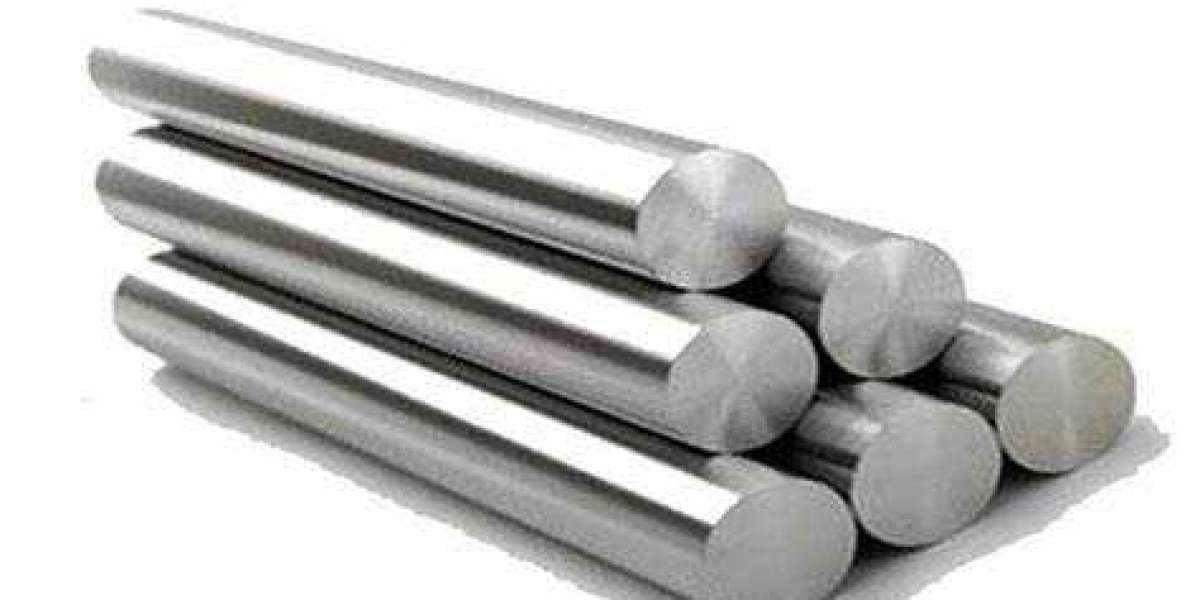CNC machining has revolutionized manufacturing by allowing precise fabrication of components across various industries. However, the properties of the materials being machined play a critical role in determining the quality of the final product. Understanding how material properties affect machining quality is essential for optimizing processes and achieving desired outcomes.
1. Material Hardness
Hardness is a key property that influences how easily a material can be machined. Harder materials, such as tool steels and certain alloys, require specialized cutting tools and techniques to prevent tool wear and maintain dimensional accuracy. Conversely, softer materials, like aluminum or plastics, are easier to machine but may yield poorer surface finishes if not handled properly.
2. Tensile Strength
The tensile strength of a material affects its resistance to deformation during machining. High tensile strength materials may require higher cutting forces, leading to increased tool wear and potential heat generation. This can result in dimensional inaccuracies and affect surface finish. Therefore, selecting the right machining parameters, such as feed rate and cutting speed, is crucial when working with high-strength materials.
3. Thermal Conductivity
Materials with high thermal conductivity can dissipate heat generated during machining more effectively, reducing the risk of thermal distortion and improving tool life. On the other hand, materials with low thermal conductivity may experience localized heating, leading to warping and altered mechanical properties. Cooling strategies, such as flood cooling or air cooling, become essential when machining such materials.
4. Machinability Index
The machinability index is a standardized measure that evaluates how easily a material can be machined. It encompasses various factors, including cutting forces, surface finish, and tool wear. Understanding the machinability index helps machinists choose appropriate tools and processes for specific materials, ensuring consistent quality.
Conclusion
In conclusion, the properties of materials significantly impact CNC machining quality. By understanding these properties, manufacturers can optimize their processes, select appropriate tools, and achieve superior surface finishes and dimensional accuracy, ultimately enhancing product performance and customer satisfaction.



